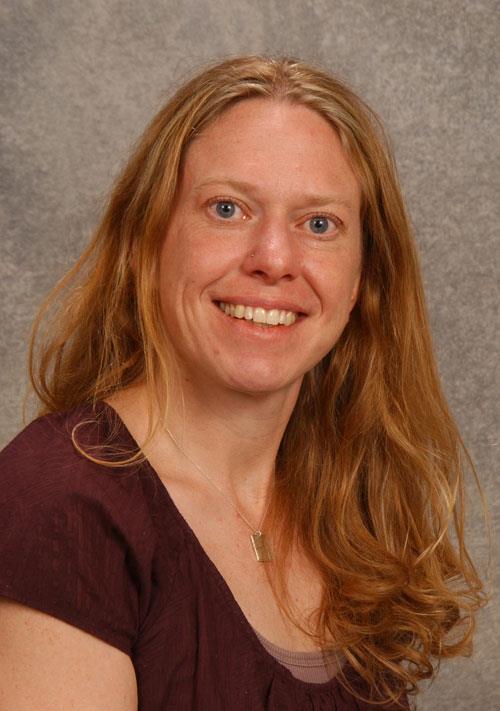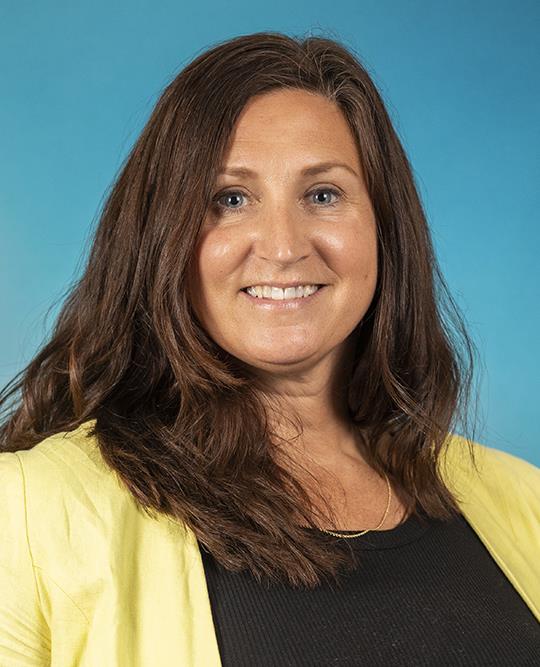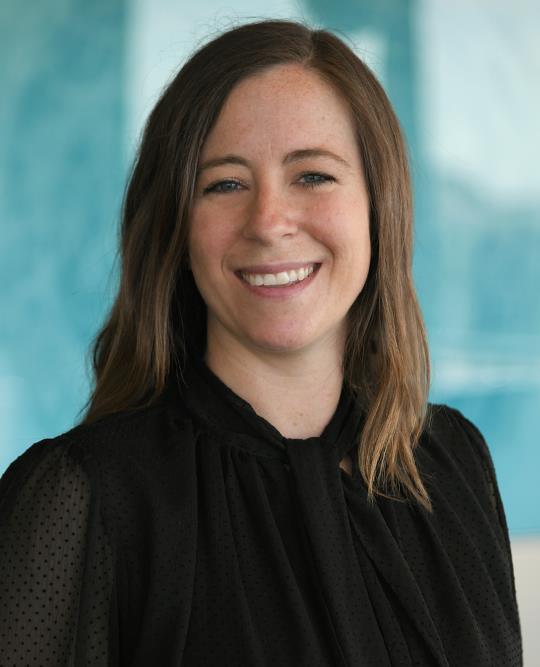- Doctors & Departments
-
Conditions & Advice
- Overview
- Conditions and Symptoms
- Symptom Checker
- Parent Resources
- The Connection Journey
- Calm A Crying Baby
- Sports Articles
- Dosage Tables
- Baby Guide
-
Your Visit
- Overview
- Prepare for Your Visit
- Your Overnight Stay
- Send a Cheer Card
- Family and Patient Resources
- Patient Cost Estimate
- Insurance and Financial Resources
- Online Bill Pay
- Medical Records
- Policies and Procedures
- We Ask Because We Care
Click to find the locations nearest youFind locations by region
See all locations -
Community
- Overview
- Addressing the Youth Mental Health Crisis
- Calendar of Events
- Child Health Advocacy
- Community Health
- Community Partners
- Corporate Relations
- Global Health
- Patient Advocacy
- Patient Stories
- Pediatric Affiliations
- Support Children’s Colorado
- Specialty Outreach Clinics
Your Support Matters
Upcoming Events
Child Life 101
Wednesday, June 12, 2024Join us to learn about the work of a child life specialist, including...
-
Research & Innovation
- Overview
- Pediatric Clinical Trials
- Q: Pediatric Health Advances
- Discoveries and Milestones
- Training and Internships
- Academic Affiliation
- Investigator Resources
- Funding Opportunities
- Center For Innovation
- Support Our Research
- Research Areas

It starts with a Q:
For the latest cutting-edge research, innovative collaborations and remarkable discoveries in child health, read stories from across all our areas of study in Q: Advances and Answers in Pediatric Health.


Autism and Intellectual Disabilities
Autism Spectrum Disorders
Parents and caregivers know their kids best. That’s why we put families at the center of every care team.

What are autism spectrum disorders (ASD)?
Children with autism spectrum disorders have impaired communication skills, social interaction and behavior. Autism spectrum disorders (ASD) cause significant impairment in a child's thinking, feeling, language and ability to relate to others.
These conditions usually become apparent before age three and last throughout a person's life, although the core symptoms can vary greatly across individuals and improvement in behavior is usually seen with developmental, behavioral, and educational intervention specific for a child with this diagnosis.
Changes to the autism spectrum disorders diagnosis
The classification of ASD changed in May 2013. Previously, children with autistic disorder (commonly known as autism) presented with significant problems in communication and social interactions skills, and with repetitive behaviors or restricted interests. Children who had some but not all of the core symptoms were diagnosed with Pervasive Developmental Disorder, Not Otherwise Specified (PDD, NOS). Children who acquired their language milestones on time and who normal cognitive skills were diagnosed with Asperger syndrome. As of May 2013, there is one diagnostic category, Autism Spectrum Disorder for all children, rather than three separate diagnoses.
ASD impairments include delays or problems in three core areas:
- Language and communication – verbal (spoken) and non-verbal communication like pointing, eye contact or smiling.
- Social behavior – social interactions such as sharing emotions, understanding how others think and feel, and holding a conversation.
- Behaviors concerning objects or routines – routines or repetitive behaviors (repeating words, rocking, tapping or twirling), obsessively following routines or schedules, playing with toys or objects in repetitive and sometimes inappropriate ways, or having very specific and inflexible ways of arranging items.
What causes autism?
There is no single cause of autism spectrum disorders. Genetic factors play a strong role; although these inherited factors are complex, several genes have been shown to increase the risk of developing this condition.
There are other possible contributing causes that have been associated with ASD, such as environmental exposures, infections and toxins. We do know that these disorders are not due to poor parenting.
Is autism becoming more common?
There have been more children diagnosed with ASD in recent years. However, we don't know if that is because more children are developing the condition, or if increased awareness has made parents and doctors more likely to seek medical and developmental attention and diagnose the condition. The criteria to make this diagnosis also have been better defined through the years.
Who gets autism spectrum disorders?
ASD occur equally in all racial, ethnic and social groups. However, three populations are at increased risk for autism, including:
- Boys – Statistics show that boys are approximately four-times more likely to be affected by autism than girls.
- Brothers and sisters of children with autism – Among families that have one child with autism, recurrence of autism is 2-8% in another sibling.
- People with certain developmental or genetic disorders – There is an increased risk of autism for people with certain disorders such as fragile X syndrome and tuberous sclerosis.
What are the early developmental signs and symptoms of autism spectrum disorders?
Common symptoms of autism spectrum disorders (ASD) include:
- Poor eye contact
- Not responding to one's name by 12 months
- Problems with attention and shared interests
- Underdeveloped skills in pretend play and imitation
- Problems with non-verbal communication and language
Other "red flag" behaviors may also be present (signifying the need for your child to be screened for an ASD), such as:
- Lack of positive affect (big smiles) and expressions of joy by 6 months
- Does not babble, point, or make meaningful gestures (such as pointing or waving good-bye) by 12 months
- Does not speak one word by 16 months
- Does not combine two words by two years
- Loses language or social skills
- Doesn't know how to play with toys
- Excessively lines up toys or other objects
- Attachment to one particular toy or object
- At times seems to be hearing impaired
- Hand flapping, rocking or spinning in circles excessively
What tests are used to diagnose autism spectrum disorders?
Children are screened for autism during their "well child" exam with a primary care physician. During the exam, the doctor will ask about your child's social, verbal and emotional development. If your child's primary care provider thinks there may be an issue, you may be referred to a doctor specialized in child development, like those at Children's Hospital Colorado's Developmental Pediatrics Program for a more in-depth evaluation.
What should you expect from a diagnostic evaluation?
During a diagnostic evaluation for autism spectrum disorders, a child development specialist will interview you and your child, and then observe your child. During the interview, the healthcare professional will ask about your child's history of developmental milestones that are affected in children with autism spectrum disorders.
During the evaluation, your healthcare provider will engage with your child to look for the following:
- Behavioral observations specifically structured to assess for ASD specific symptoms
- Psychological evaluation, including measures of developmental and intellectual and adaptive functioning
- Evaluation for other disorders
- Speech, language and communication skills
- Motor skill development
Your child will also be tested to make sure there are not any medical conditions that might be causing autism spectrum-like syndromes. These tests may include: hearing testing, lead poisoning testing and genetic screening.
How do doctors at Children's Colorado diagnose autism?
Although there are many concerns about labeling a child with an ASD, the earlier the diagnosis is made, the earlier needed interventions can begin. When evaluating a child, clinicians at Children's Colorado rely on behavioral characteristics to make a diagnosis.
Some of the characteristic behaviors of ASD may be apparent in the first few months of a child's life, or they may appear at any time during the early years. For diagnosis, problems in at least one of the areas of communication, socialization or play must be present before the age of three.
The diagnosis requires a two-stage process. The first stage involves developmental screening during "well child" check-ups; the second stage entails a comprehensive evaluation by a multidisciplinary team. As part of this process, children are diagnosed with an ASD based on a specific set of behavioral criteria. We use two specific "gold standard" measures to help to correctly identify autism: Autism Diagnostic Interview-Revised and Autism Diagnostic Observation Schedule.
How are autism spectrum disorders treated?
Unfortunately there is no cure for autism spectrum disorders (ASD); however, the goal of ASD treatment at Children's Colorado is to promote social, adaptive and behavioral function.
Treatments derived from the behavioral learning theory have the strongest research support. This type of therapy works to reinforce appropriate behaviors and reduce unwanted behaviors, while also suggesting what caregivers can do to prevent problem behaviors.
Medication can also be used to treat some of the symptoms associated with ASD like attention and hyperactivity issues, anxiety, depression and mood instability, aggression or self-injury, obsessive compulsive behaviors and sleep problems.
Some of our psychologists provide treatment using the Early Start Denver Model, which works directly with children and their families. Some of our providers also provide Cognitive Behavioral Therapy and Behavioral Therapy, to address some of the behavioral difficulties that are often seen with children with ASD.
Why choose Children's Colorado for your child's autism spectrum disorder?
For children with autism spectrum disorders and other developmental delays, the Neuropsychiatric Special Care at Children's Colorado is one of the few programs in the country that provides a hospital-based level of crisis care, in addition to our outpatient autism clinics that specialize in diagnosing and children with autism spectrum disorders (from the mild to severe).
A variety of healthcare providers from different disciplines at Children's Colorado work together to help kids with autism. For example, our speech-language therapists help children with autism improve their ability to communicate and interact with others and develop their speech and language skills. Occupational therapists help children with autism find ways to acquire and successfully perform everyday tasks at home and in the community. Physical therapists design activities and exercises to build motor control and to improve posture and balance.
Our Next Steps Clinic, run by our social worker, also assists families in accessing available community resources and provides additional types of support.
Autism research
Our specialists also conduct ongoing research to help improve the lives of kids with autism and their families. Some of our current and past research studies in autism spectrum disorders include:
- Effectiveness of Sleep Education
- Diet and Nutrition
- Iron Biomarkers
- Creatine Deficiency
- Maternal Cholesterol
- Autism Impact Study
- Iron and Sleep Study
Helpful autism resources
There are many patient advocacy groups dedicated to increasing awareness, raising funds for research, and creating support groups for patients with autism and their families, including: Autism Speaks, the Autism Society of Colorado, Parent to Parent and Parents Encouraging Parents.
The Centers for Disease Control started First Signs, a parent education program to make sure children with autism and other developmental issues are identified early and get the help they need.
Next Steps
-
Would you like to learn more about us?
Learn more about Developmental Pediatrics -
Do you have questions about your child’s condition?
720-777-6630 -
Are you ready to schedule an appointment?
Schedule an appointment

Compassionate care, wherever you are
We’re here when you need us. Telehealth appointments are available across every specialty, so you can get the high-quality care we’ve always offered from the comfort, privacy and convenience of home.
See if telehealth is right for you
Get to know our pediatric experts.


Anthony Edelblute, LPC
Patient ratings and reviews are not available Why?

Mary Meintzer, LPC
Patient ratings and reviews are not available Why?

Emily Muther, PhD
Patient ratings and reviews are not available Why?



 720-777-0123
720-777-0123



